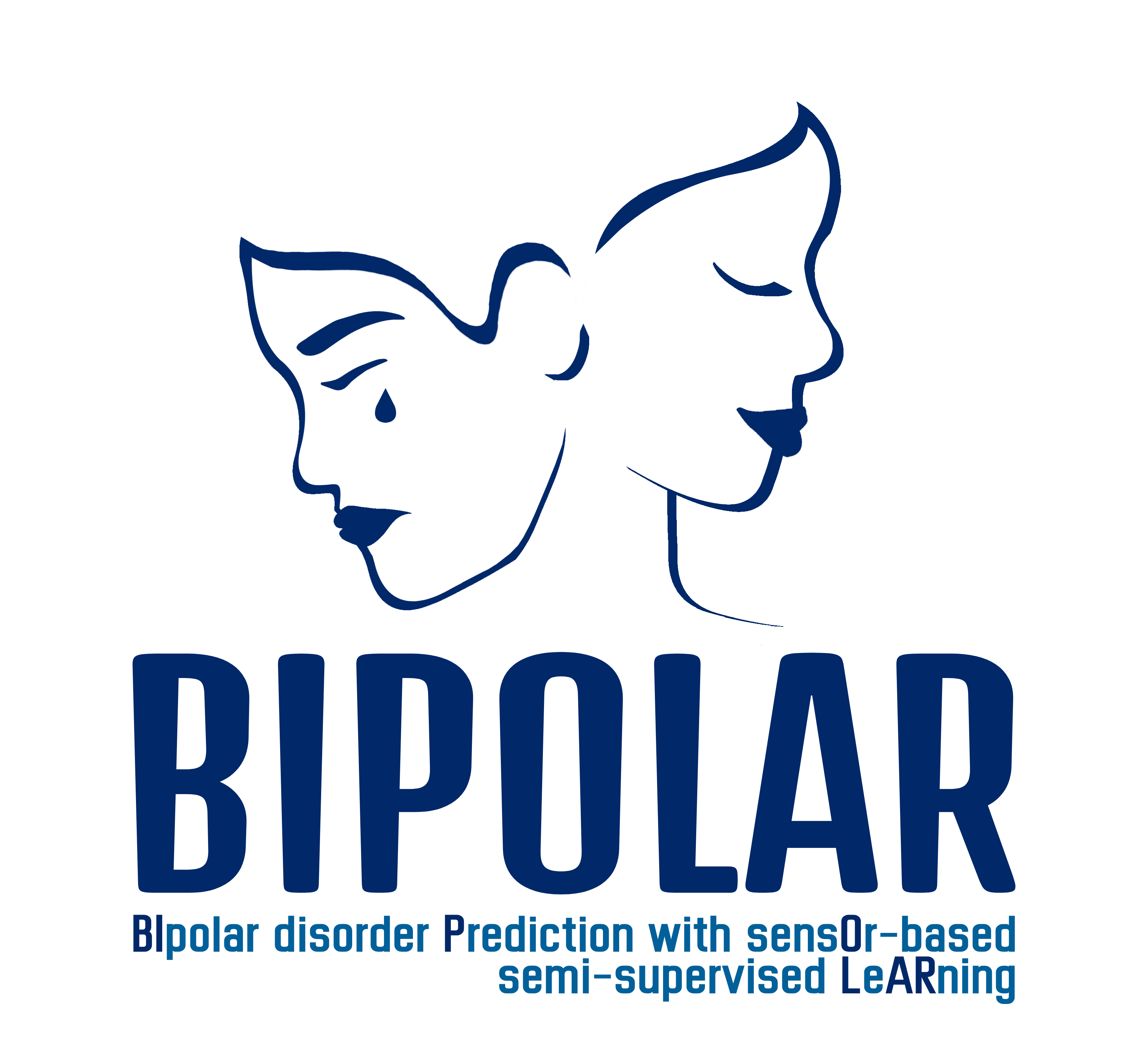About project
Applied character of the proposal and scientific career advancement in technical sciences. The Bipolar disorder prediction with sensor-based semi-supervised learning (BIPOLAR) project aiming at development of new predictive sensor-based computational methods addresses bipolar disorder diagnosis and monitoring. Bipolar disorder (BD) is a complex, chronic, recurrent and severely debilitating illness. It affects more than 2% of world population, contributing to significant number of deaths by suicide every year. In the course of the illness, there are fluctuations between different mood states, ranging from depression to hypomanic/manic episodes, as well as mixed states. Early recognition of phase change is crucial to increase the patient’s chance of an early intervention and to mitigate the course of the disease.The BIPOLAR proposal addressing this important application scenario has clearly applied character. Moreover, BIPOLAR will enable a significant advance in the scientific career of PI who is a young researcher with scientific interests in this topic confirmed with publications, see e.g., (Kaczmarek et al, 2018). The researcher is very ambitious and the possibility to lead a team when realizing the BIPOLAR project will significantly improve her track records and bring the habilitation closer. Fields of science and technology of the call. The BIPOLAR project aiming at designing and implementing a research-based software enabling extraction of new knowledge from sensor data and prediction of changes in mental state of bipolar disorder patients addresses the information engineering field of science and technology. In particular, the BIPOLAR proposal integrates elements from computational intelligence and signal processing to support the challenging problem of monitoring bipolar disorder patients. Computational Intelligence (CI) is a subarea of broadly meant artificial intelligence (AI) for advanced information processing consisting of nature-inspired computational methodologies such as, e.g., fuzzy systems, neural networks, evolutionary systems, probabilistic methods. CI places emphasis on the development of real world applications. Signal processing encapsulates techniques for analysis, processing and extracting features from sampled signals, such as data streams collected from sensors.


